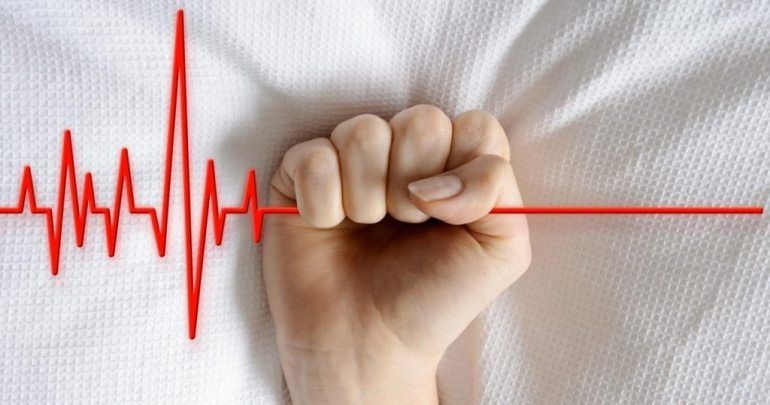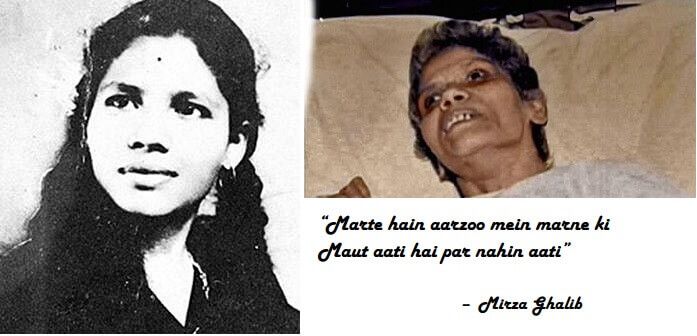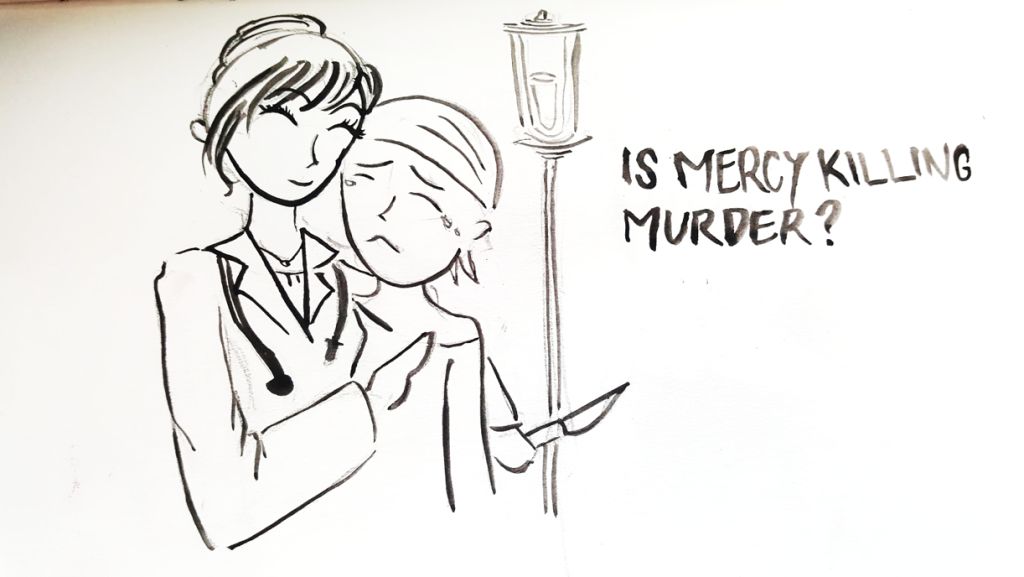Mercy Killing
May 20, 2019 • 54 views
Many people support the right of a terminally ill patient to die - but what if the right becomes an obligation? And what of the potential for abuse by impatient heirs?
Should dying patients have the right to order their doctors not to start or continue medical treatment? Should doctors be protected from prosecution if they shorten a patient's life expectancy with pain-killing drugs?
Most of us would answer yes to both questions. But does this mean we need a "right to die" law? Or is there more to the issue than first meets the eye?
Public discussion of the treatment of dying patients often confuses two separate issues. First, is the right of the terminally ill person to be allowed to die without being subjected to invasive medical procedures? Second, is the question of whether a dying person should also have the right to hasten his or her own death, and require the help of doctors and nurses to do so.

PATIENTS RIGHTS
It is often overlooked that patients have the common law right to refuse any medical treatment. A doctor who treats a patient against his or her express wishes can be charged with assault. It would be wise to educate people as to their right to refuse treatment. There is no need to convert this well established legal principle into legislation.
Regardless of the intention of "right to die" or "aid in dying" laws, they could very easily open the door to active euthanasia.
In the present climate of opinion, it is easy to imagine a doctor giving a lethal dose of pain-killing drug and then claiming that death was the best way to eliminate physical suffering. If the doctor could also show that the patient had requested the lethal dosage, the court might well interpret the law in the doctor's favor.
Many do not find the prospect of legal voluntary active euthanasia in any way alarming. But two things should give us pause.
First, as a soon-to-be-published Canadian study will show, most health care professionals who work with the dying endorse the patient's right to refuse medical treatment, but oppose legalizing active euthanasia. The professionals recognize that if pain is controlled, as it can be in virtually all cases, very few terminally ill people ask to be put to death. Second, experience in Holland tells us that voluntary Euthanasia can quickly become involuntary euthanasia.

DUTCH EXPERIENCE WITH EUTHANASIA
Holland is widely regarded as one of the world's most civilized countries. Active euthanasia is legal there, but for the past decade the government has not prosecuted doctors who report having assisted their patients to commit suicide.
A recent Dutch government investigation of euthanasia has come up with some disturbing findings. In 1990, 1,030 Dutch patients were killed WITHOUT THEIR CONSENT. And of 22,500 deaths due to withdrawal of life support, 63% (14,175 patients) were denied medical treatment WITHOUT THEIR CONSENT. Twelve per-cent (1,701 patients) were mentally competent but were NOT CONSULTED.
These findings were widely publicized before the November 1991 referendum in Washington State, and contributed to the defeat of the proposition to legalize lethal injections and assisted suicide.
The Dutch experience seems to demonstrate that the "right to die" can soon turn into an obligation. This concept is dangerous, and you could find yourself the victim if Euthanasia becomes legal in North America.
We have all heard and some of us have experienced, moving stories of elderly people in great pain, unable to perform even the most basic human functions, who have asked to die, or have perhaps brought about their own deaths.
What these stories overlook is that today, in almost all cases, it is possible to kill pain without killing the patient. When someone's pain is relieved that person usually wants to go on living. We need to reflect carefully on the consequences of legalizing active euthanasia. If we enshrine the absolute right to die, will it then become illegal to intervene to obstruct would-be suicide? Will pharmacists be obligated to sell a lethal dose of hemlock to anyone who is temporarily depressed?

POTENTIAL FOR ABUSE
We need to think of the potential for abuse if mercy killing becomes legal. What if someone stands to inherit one million dollars when Aunt Gladys dies? Might the heir not find it tempting to nudge her in the direction of accepting a lethal injection? Or, if she didn't get the hint, to make her miserable enough to want it?
If voluntary euthanasia is made legal for "persons of sound mind" there will inevitably be tremendous pressure to provide it for those who"would request it if they were able to"- the mentally ill or handicapped, the senile, etc.
Finally, despite genuine compassion for the suffering of dying people, does there not also lurk in many hearts a less admirable motive? Few people are so tasteless as to link euthanasia and health care costs in the same breath, but there is a widespread few that medical care for the elderly costs more than we can afford. These financial pressures will multiply in the coming years as our population ages.
Many elderly people are already responding to this not-so-subtle message by declaring their willingness to die when their lives are no longer productive. Their reluctance to be a financial burden on the young is admirable, but the long term consequences could be brutal.
What will happen to the trust that people still feel toward their doctors if our country follows Holland? What emotion will elderly or seriously ill patients feel when the nurse approaches them with a full syringe? How soundly will they sleep in the hospital?
THE ALTERNATIVE TO EUTHANASIA
The alternative to legalized euthanasia is not extraordinary, futile treatment to hopelessly dying patients. The alternatives are appropriate medical care - including 1) the withdrawal of treatment upon patient request, or if that treatment serves no therapeutic purpose; and 2) dispensing drugs as necessary to control pain. No doctors, laws, or organizations oppose ceasing care when the time to die has arrived.
WHAT CAN I DO?
Each of us should talk to our loved ones openly about these subjects. Talk to yur doctor, and if you are not comfortable with his or her approach, change doctors. Find out about palliative care and Hospice programs in your community. These emphasize care and comfort for the dying. Support their growth, as this will reduce the attractiveness of legalized euthanasia. Keep informed about the issue of euthanasia and make your views known to politicians and the media. Your actions can help shape the way you and your loved ones will be treated in your last days.
